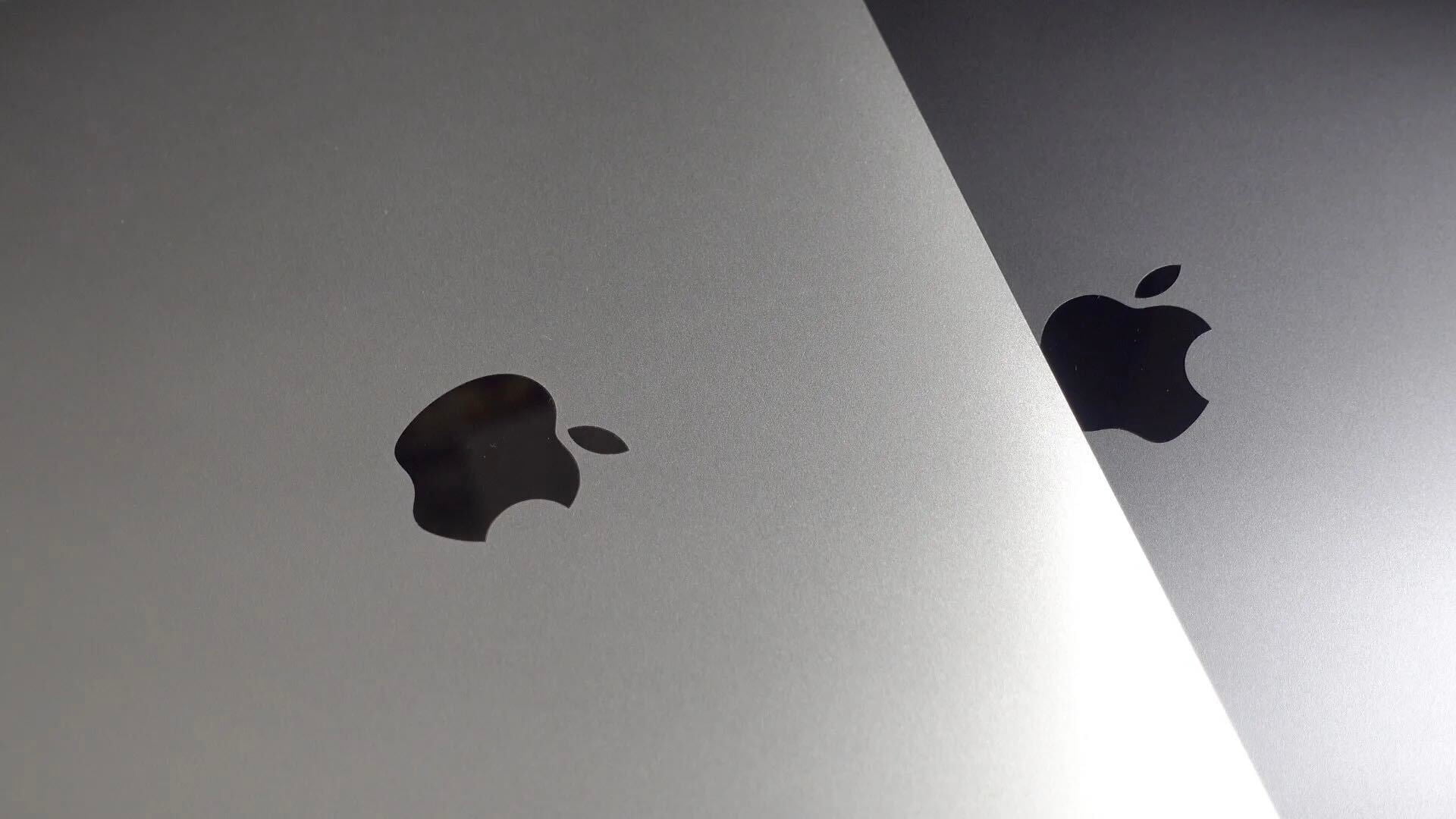
Digitimes is reporting that Apple is looking to transition iPhone battery production from labor-intensive processes to fully-automatic machine production lines in 2014.
Although the reliability of Digitimes’ reporting is often poor, in this case the trustworthiness of the report is much more likely to be solid. Unlike some of their previous stories in recent memory, automating battery production is a direct matter of the supply chain — which is Digitimes’ area of expertise.
Also, the benefits of removing labor from a part of the iPhone production line are clear. Due to the scarcity of labor, any improvement to capital manufacturing is a big win for output yields. There are also associated cost benefits to doing this. Apple has already setup mostly-automated production for the Mac Pro, so a continuation of this effort to other products is very likely. A reduced reliance on labor also gives Apple more geographical mobility, if it ever wants to move production to a new area of the world in the future.
FTC: We use income earning auto affiliate links. More.






I keep telling people that this is the future. Just factories in every city producing things for that city. India, China, we won’t need each other soon.
Reblogged this on United Electronics Group.
I hope the iPhone 6 has longer battery life. A 7mm or however thin phone with so and so new features is useless if the battery doesn’t last.
The good news is that battery replacement services are available via repair facilities across the country. It’s often advantageous to repair versus replace the battery in an iPhone, especially is it’s a model you’ve become accustomed to and are satisfied with.
Correction: “It’s often advantageous to replace the battery in an iPhone rather than buy a new iPhone, if it’s a model you’ve become accustomed to and are satisfied with.”